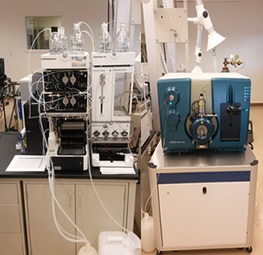
Our Team
The Biomonitoring Program comprises portions of three divisions at the New Jersey Department of Health as well as the NJDEP and a number of partner organizations.
Frequently Asked Questions
What is biomonitoring? Get answers to frequently asked questions about this program.
Biomonitoring Commission
The Biomonitoring Commission supports the PHEL biomonitoring program throughout the course of its grant and will maintain oversight of state biomonitoring activities beyond the life of the grant.



